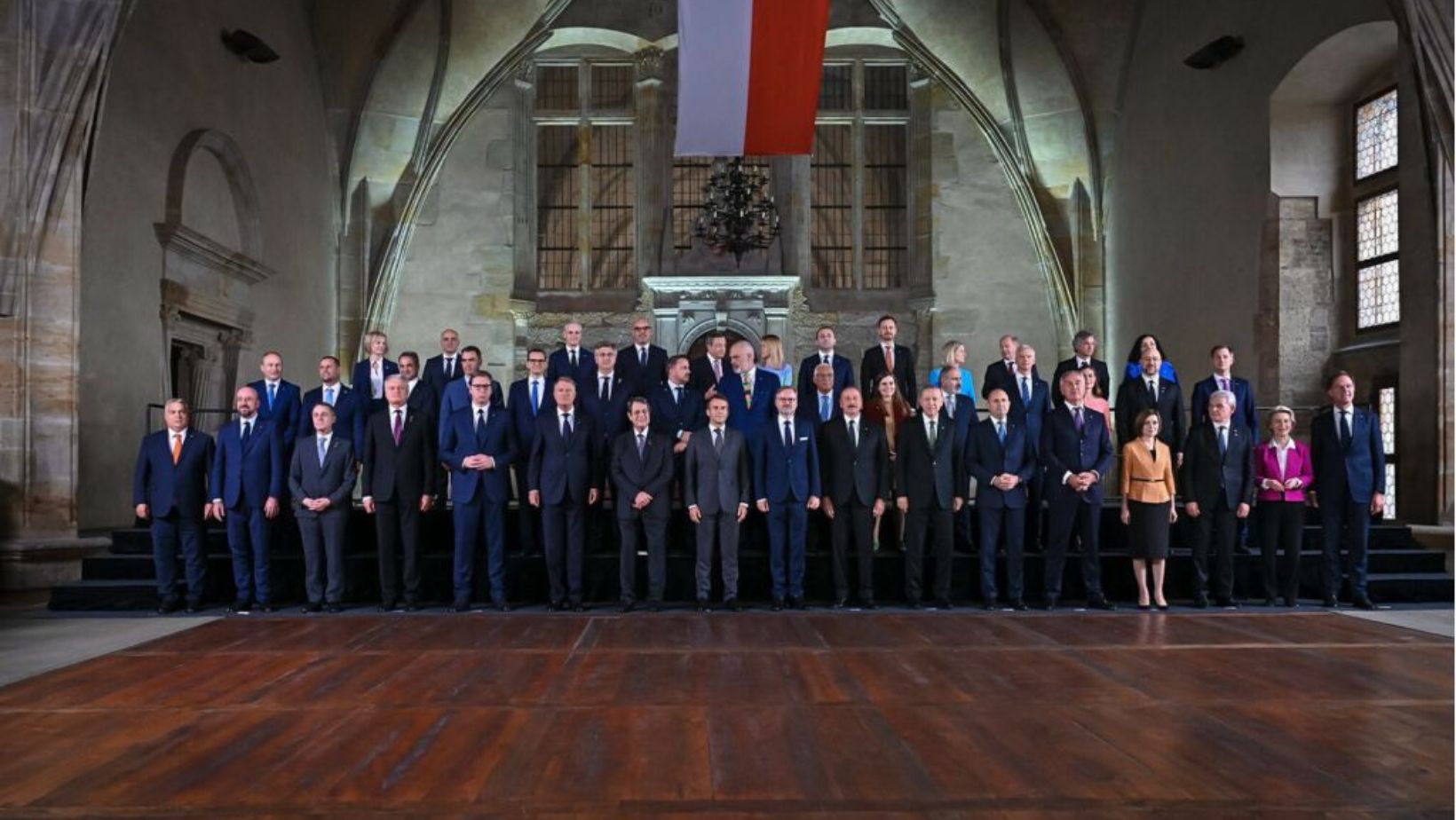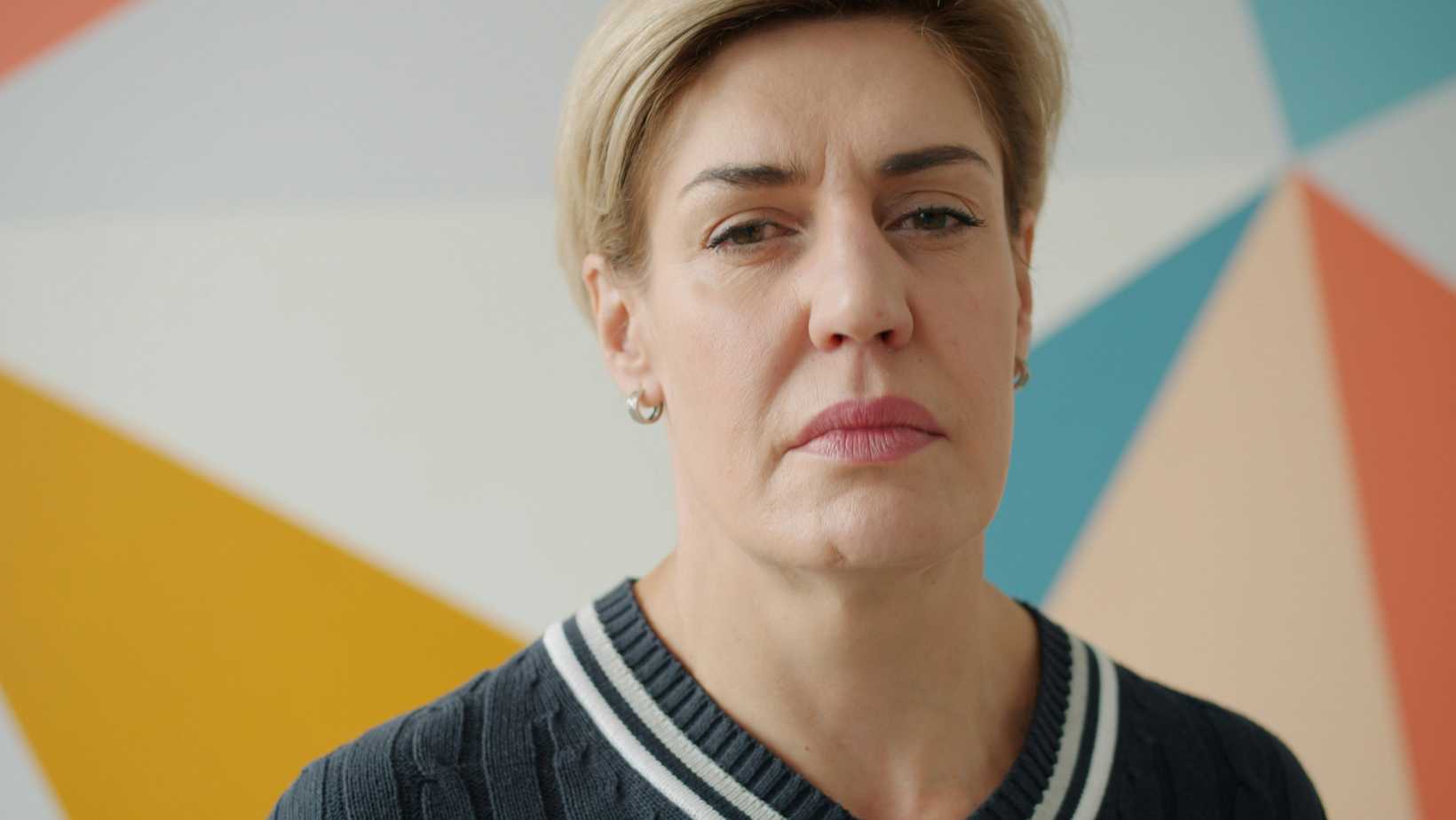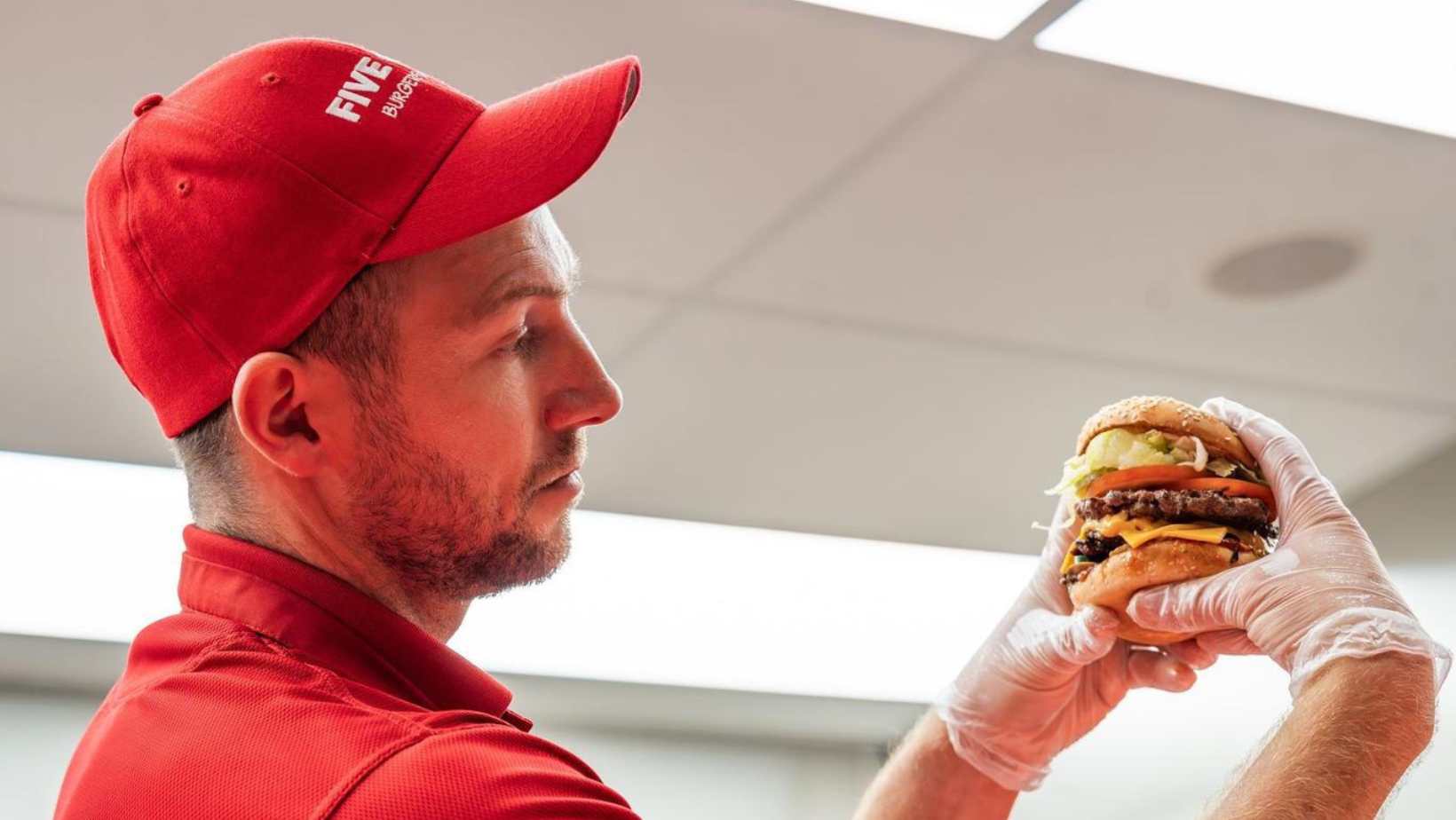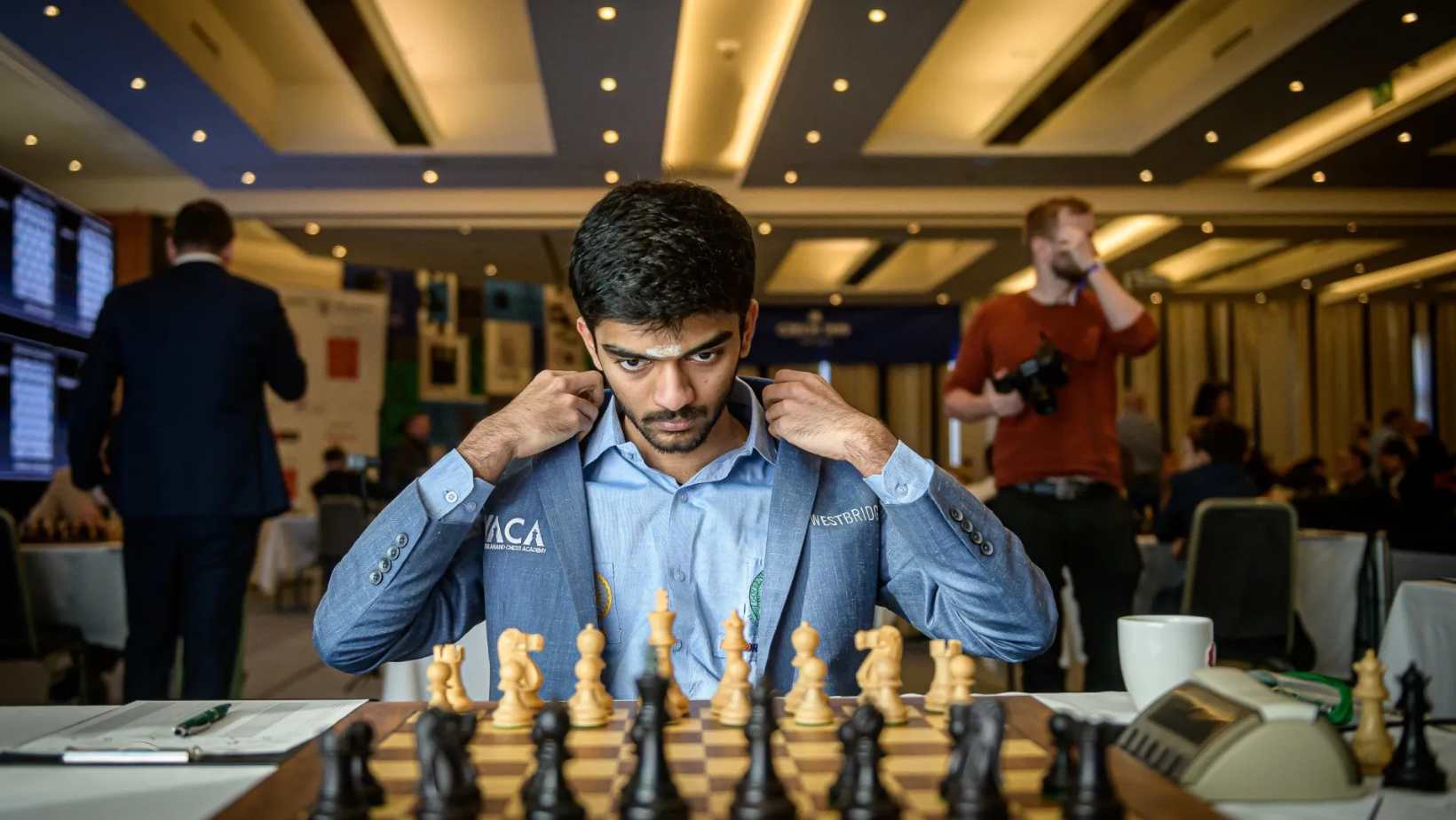Leaders from nearly all European countries gathered in Prague, on October 6 for the inaugural meeting of the European Political Community (EPC).
What’s The Purpose Of The EPC?
Many, including some officials from various European countries, wondered beforehand what the point really was of this meeting. It was something of an unknown. Besides, weren’t there already enough summits, institutions, and organizations bringing the continent’s politicians together? Apparently not.
Judging from the background briefings and official statements during and at the end of a day full of plenary sessions, bilaterals, and roundtables, the verdict appeared to be that the EPC indeed was a good thing and that leaders liked the “freer” format in which everyone seemed to bump into each other in the labyrinth of corridors in the Prague Castle.
“An informal platform” is how the host, Czech Prime Minister Petr Fiala, described it and noted that it offered a space to discuss all sorts of pressing issues among countries that rarely meet. French President Emmanuel Macron, the driver behind the new community, called his oeuvre, “an opportunity to build a strategic intimacy in Europe.”
Was Anything Really Achieved?
Roughly, three things. Firstly, that it makes sense to continue. Secondly, the locations of the next three meetings: the Moldovan capital of Chisinau in May 2023, followed by Spain later that same year, and then the United Kingdom in the first half of 2024. The hosting will rotate between the 27 EU member states and the 17 non-EU countries.
But the third, and most important achievement, was perhaps the meeting itself, or at least its symbolic value. Amid the war in Ukraine, the biggest on the continent for decades, everyone invited showed up even though they might not see eye to eye on many things. When historians look at the family photo taken in Prague, there will be two glaring omissions: Belarus and Russia. That image alone speaks volumes.

Attendees pose for a photograph at the Informal EU 27 Summit and Meeting within the European Political Community at Prague Castle.
In terms of what was actually decided, it was all pretty vague. For the next summit in Moldova, the leaders will work on “common projects.” While there was nothing concrete, Macron noted several spheres where he thought more cooperation is possible: securing key infrastructure such as pipelines, cables, and satellites; stepping up the fight against cyberattacks; creating a support fund for Ukraine; working out a common, pan-European energy policy; and looking into the possibility of having more university and student exchanges.
All Smiles…Or?
Considering that so many politicians showed up, it was a rather sedate affair. Hungarian Prime Minister Viktor Orban, so often a troublemaker at these types of gatherings, was reportedly in a good mood and British Prime Minister Liz Truss, who isn’t having the best political week back home, seemed to enjoy herself. She even declared that Macron was “a friend” after publicly doubting her relationship with the French president during the British Conservative Party leadership campaign in the summer.
But scratch a bit beneath the surface and there was a fair bit of tension. Polish Prime Minister Mateusz Morawiecki used most of his doorstep speech to slam Germany, saying that Berlin could not dictate European energy policy — setting the scene for what might be a tense informal summit of EU leaders on October 7. At that meeting, everything from gas-price caps to energy-market interventions will show the real divisions within the EU.
Serbian President Aleksandar Vucic was also not impressed by Croatia, accusing Zagreb of removing a paragraph from the EU’s latest sanctions package in which Serbia and other landlocked Western Balkan countries would benefit from an exemption, allowing them to still receive Russian seaborne crude oil.
And Turkish President Recep Tayyip Erdogan didn’t miss an opportunity to stir things up a bit, using his speaking time at the common dinner to accuse Greece of escalating tensions — to which Greek Prime Minister Kyriakos Mitsotakis reportedly snapped back that Ankara should stop challenging the sovereignty of Greek islands.
-
NEWSLETTER
Subscribe for our daily news










